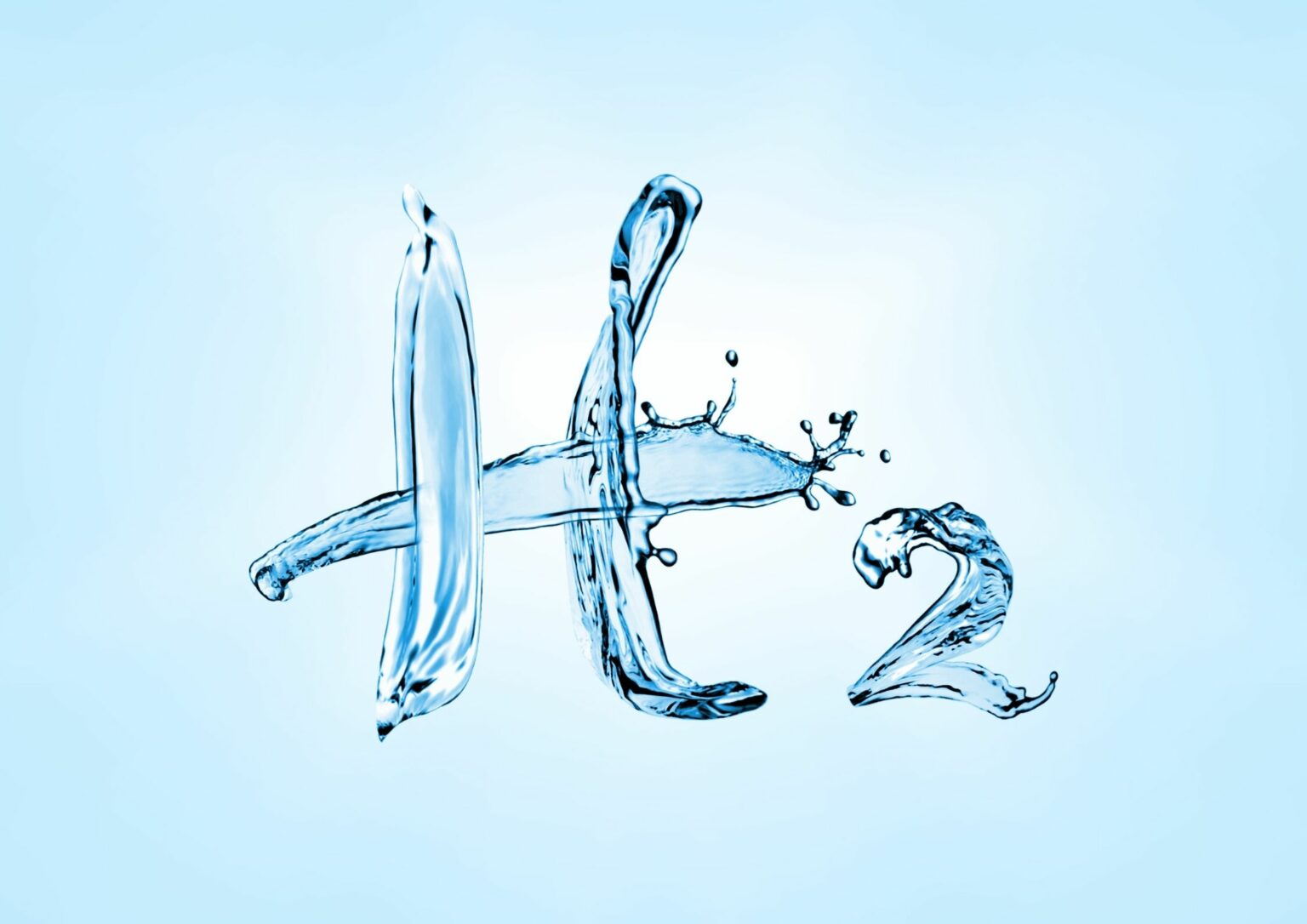For years, hydrogen has been hailed as a revolutionary fuel with the potential to replace traditional fossil fuels, offering a clean energy alternative.
However, a significant hurdle in the widespread adoption of hydrogen lies in its production, often reliant on fossil fuels. In a surprising turn of events, scientists at the University of Lorraine have stumbled upon a substantial deposit of natural hydrogen buried more than 1,000 meters underground in north-east France, sparking excitement about a potential game-changer in the world of clean energy.
While hydrogen’s appeal as a clean energy source is undeniable, the conventional methods of production often involve processes that counteract its environmental benefits. The most common method, steam methane reforming, relies on fossil fuels and emits greenhouse gases. The breakthrough in France, however, unveils a natural source of hydrogen that has the potential to address these concerns.
The University of Lorraine’s scientists were initially on a mission to search for methane when they made an unexpected revelation – a substantial deposit of natural hydrogen. Situated more than 1,000 meters below the surface, this deposit is unique in its origin, formed as groundwater interacts with iron-rich minerals, effectively splitting water into hydrogen. What adds to the allure of this discovery is the possibility of the deposit renewing itself, offering a nearly infinite source of natural hydrogen.
While smaller natural hydrogen deposits have been identified in locations like Mali, the recent find in France could be a game-changer. Estimated at a staggering 250 million tonnes of hydrogen, it has the potential to meet global demand for over two years. This could reshape the conversation around hydrogen as a sustainable and abundant energy source.
This groundbreaking discovery in France not only raises the prospect of a new, cleaner source of hydrogen but also prompts speculation about similar deposits in other parts of the world. Countries like the United States, Australia, and various European nations are already under scrutiny, with the hope of uncovering more hidden hydrogen reservoirs.
